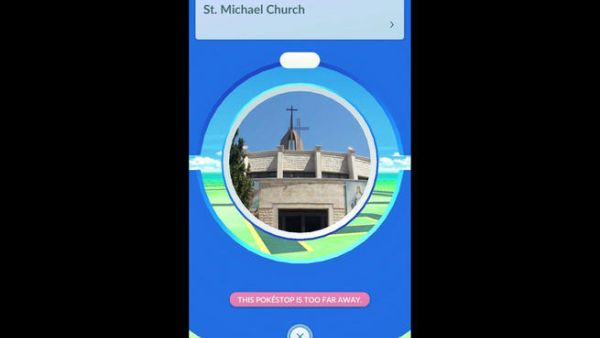It seems the more popular Pokémon Go gets in the Arab world the more controversy that ensues. Thus far, a volunteer in a Christian militia’s picture of a pokémon on the frontlines with Daesh (ISIS) in Iraq went viral, a Lebanese army officer called it a ploy by Mossad to spy on Lebanon, and Egypt’s famed Al-Azhar University declared it forbidden in Islam. Now, another Lebanese commentator is calling the game a plot to spy on Lebanon.
Writing in Arabic in Hrar News, Said Ghazayal says the game’s PokéStops in Tripoli are largely at religious institutions, which he argues are places third parties want to spy on. PokéStops are locations throughout the world where players can pick up items to help train their pokémon. Indeed, some are at churches, mosques etc.
For Ghazayal, this means the game is attempting to monitor such locations without the player’s knowledge. “The question remains: do you choose to monitor these places by coincidence? Or are these modern plans to recruit intelligence agents?” he writes.
However, this is perhaps better explained by the fact that PokéStops are often located in the area’s most-known landmarks. In New York, for example, the famed Central Park is a PokéStop. Churches and mosques are simply some of the better-known places in Tripoli.
Still, many aren’t buying that game is just for fun, and many websites have accused Pokémon Go of being run by the CIA.
AL







